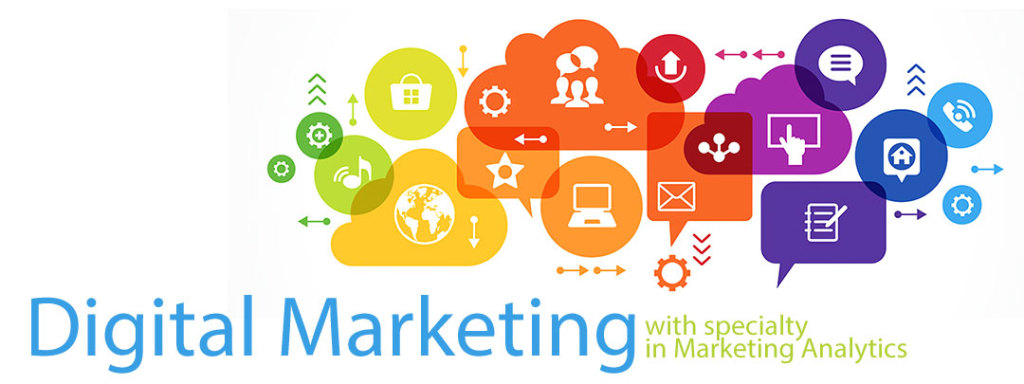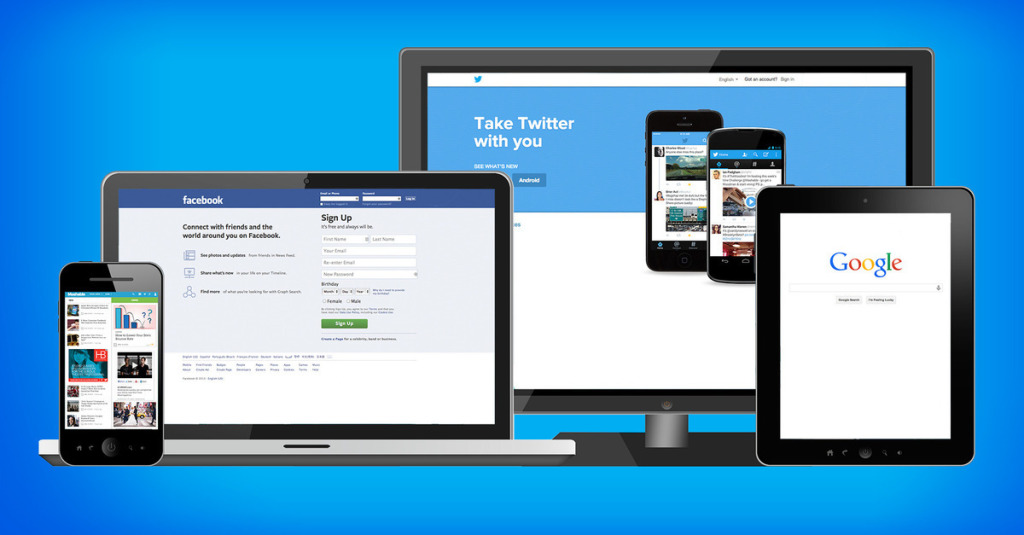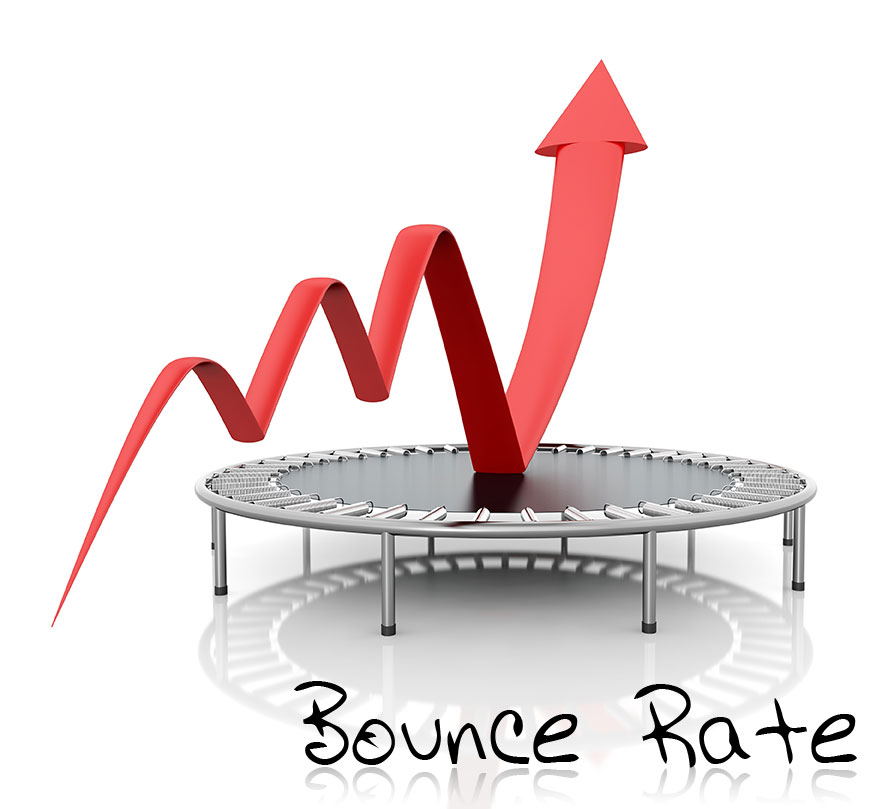 However, with the tons of data available and easily accessible, choosing the right type of metrics to monitor can be daunting for marketers. It will consume you a lot of times if you measure everything, including some metrics which have a very small influence to the success of your online marketing campaign.
However, with the tons of data available and easily accessible, choosing the right type of metrics to monitor can be daunting for marketers. It will consume you a lot of times if you measure everything, including some metrics which have a very small influence to the success of your online marketing campaign.
The wise choice is to measure only some important metrics which have impacts to the business growth and revenue generation. Here are top 10 important marketing metrics every digital marketer must know and measure as frequently as possible.
1. Page views and unique visitors
 The number of traffic to your site can reflect how attractive it is. If you have a website with a good average traffic every day, all’s good, but if it changed significantly, traffic dropping dramatically for instance, this could be a sign of something wrong. By looking at this statistic, you will have an insight information about how strength your site is.
The number of traffic to your site can reflect how attractive it is. If you have a website with a good average traffic every day, all’s good, but if it changed significantly, traffic dropping dramatically for instance, this could be a sign of something wrong. By looking at this statistic, you will have an insight information about how strength your site is.
However, when measuring site traffic, don’t only focus on page views, unique visitors seem to be more important. The more unique visitors your website receives, the greater the chance of getting new potential customers you get.
2. Traffic sources
If you are using a multiple of digital marketing campaigns, including SEO campaign (Search Engine Optimization), PPC campaign (Cost Per Click) and Social Media campaign, you definitely need to know which campaign brings to your site how many traffics.
You can easily measure how effectiveness of each campaign. Moreover, this metric also helps you have an insight information of what keywords or keyword phrases you should focus more on digital marketing.
3. Device traffics
 Another metric of traffic you should measure is device traffics. You can advertise your website on all devices, including desktop, laptop, tablet and smart phone, so knowing this information will help you easier to divide your advertising budget across devices.
Another metric of traffic you should measure is device traffics. You can advertise your website on all devices, including desktop, laptop, tablet and smart phone, so knowing this information will help you easier to divide your advertising budget across devices.
Especially, more and more people nowadays brow the website through their smart phones, and many transactions were done via mobile, this can show that advertising on mobile is very potential for all businesses. Traffic from mobile, therefore, is more important to measure than ever.
4. Average time on site

You can measure how well you are engaging with your website visitors by how long average times during each visit to your site is. This is very important in measuring how well and relevant your content is, because visitors only digest your content when they see it’s interesting, useful and match with their needs.
5. Average page views per visit
Driving qualified traffic to your site is one of the most important and forehead components in your digital marketing campaigns. The more pages your visitors visit, the longer they stay on your site, the higher chance of converting them from visitors to your customers.
When you run a paid marketing campaign, such as PPC campaign, you have to choose the landing page where your visitors land after clicking on your ad. It can be your home page, or a product page.
To make a purchase, sometimes, they must go through many other pages, so if average page view is high, it means that your visitors are interested in your site and your products/services.
6. Rate of return visitors
A qualified website is not defined only by the number of traffic it receives every day, but also by the rate of return visitors. A visitor can come back to your site for several reasons, it can be because of the useful content or they want to continue their purchasing process. If you know these things, you can optimize your site better to serve these valuable visitors.
7. Bounce rate
Bounce rate is the percentage of the single-page sessions (i.e. Sessions in which the person left your site from the entrance page without interacting with the page).  Not all visitors stay longer on your site, or visiting other pages before leaving our site, some will bounce immediately if they see your content is totally different from what they are looking for. Knowing bounce rates can provide you insights on how you could better improve or optimize the content.
Not all visitors stay longer on your site, or visiting other pages before leaving our site, some will bounce immediately if they see your content is totally different from what they are looking for. Knowing bounce rates can provide you insights on how you could better improve or optimize the content.
Moreover, this information also provides you how relevant your landing page is matched with visitor’s search term on Search Engine. If you see the bounce rate of your landing page is very high, it’s time to look at your site and think of changing landing page to get higher performance.
8. Conversion rate
 Tracking the number of conversions is very necessary, measuring conversion rate is more valuable. No matter what is your conversion, it can be an information gathering about your website visitors and potential customers, or convert site visits into sales.
Tracking the number of conversions is very necessary, measuring conversion rate is more valuable. No matter what is your conversion, it can be an information gathering about your website visitors and potential customers, or convert site visits into sales.
Monitoring your conversion rate provides you insights on what particular aspects in your digital marketing will deliver the best results. Because conversion rate are calculated by taking the number of conversions and dividing that by the number of total ad clicks that can be tracked to a conversion during the same time period.
If your conversion rate is high, your marketing campaign is good. Tracking this metric every day to see its performance and improve it more.
9. Cost per conversion
Each conversion has its own value. The more conversions you get, the better your performance marketing campaign is. However, if you pay higher for a conversion than its real value, it’s extremely bad. Measuring this metric give you insights on how profitable your campaign is.
10. Return on investment (ROI)
 This is the final goal of every business. Tracking your return on investment in digital marketing helps you determine which efforts best promote your business. If you are not tracking ROI, you could throw your money away on some marketing parts that don’t work.
This is the final goal of every business. Tracking your return on investment in digital marketing helps you determine which efforts best promote your business. If you are not tracking ROI, you could throw your money away on some marketing parts that don’t work.
In conclusion
Again, tracking these marketing metrics is extremely important to your online business, because these metrics are described as indicators of how successful your digital marketing efforts are. By measuring this information, you will have the opportunity to identify which digital marketing components work and which one does not.
This allows you to make improvements on your marketing components to get as high as ROI possible.




